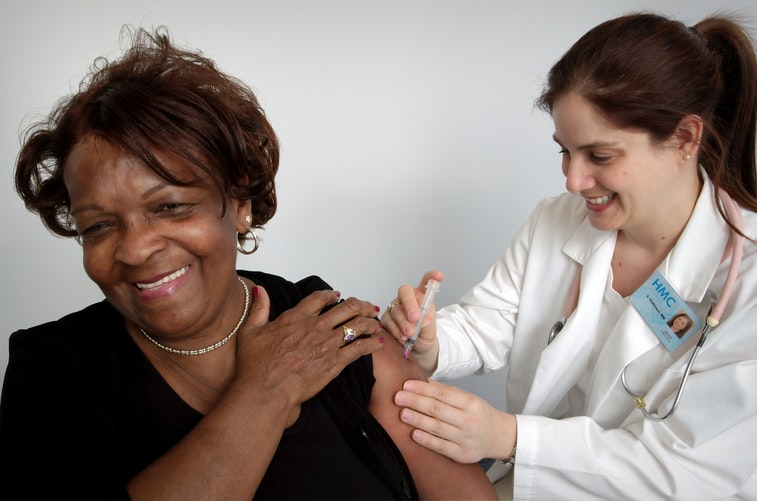What Is Yellow Fever, And How Does It Affect You?
Yellow fever is a virus spread by mosquitoes that is found in Africa and South America, according to the Centres for Disease Control and Prevention. From moderate to serious, the infection might affect you. The easiest way to avoid contracting this virus is to get a Yellow Fever Vaccine Gp.
- Fever, vomiting, diarrhea, headache, stomach and muscle pains are just some of the minor signs of yellow fever. Hepatitis and hemorrhagic fever are two signs that are more serious.
- Yellow Fever Vaccine Gp is vital due to the virus’s high fatality rate, even though yellow fever is not found all over the world.
- The Yellow Fever Vaccine Gp is a vaccine that protects against yellow fever.
- Yellow fever vaccination protects tourists and residents in places where the disease is present from contracting the virus. Only an injectable form of the vaccination is offered.
- The experts encourage parents and kids over the age of 9 months who will be going to high-risk locations to get the yellow fever vaccine because it is very safe and the infection risk is high.
- For entry into some nations, confirmation of yellow fever vaccination is required. As a result, everyone who gets a yellow fever vaccination at Passport Health gets an International Certification of Immunisation (or “yellow card”) to prove they have been vaccinated. In the majority of circumstances, this card will be shown at a border crossing.

Where Can I Get A Yellow Fever Vaccination?
Only Yellow Fever Immunisation Centres like Passport Health are authorised to administer the yellow fever vaccination and issue the International Certificate of Immunisation (“yellow card”) to tourists and others. After obtaining the vaccine at Passport Health, you will be given an International Certification of Vaccination (ICV), which will be filled out, signed, and stamped by an official. To be immunised against yellow fever, visit a Yellow Fever Vaccine GP centre near you.
Yellow Fever: How To Avoid It
Vaccination is the most effective technique for avoiding yellow fever. However, if you are in a virus-infected area, you should take extra measures. To avoid mosquito bites in such areas, the experts advise travellers to take the following steps:
- Use Insect Repellent – Make sure to use an insect repellent that has been approved by the Environmental Protection Agency
- Dress Properly — When participating in outside activities, wear long sleeved shirts, long pants, and socks. For added protection, consider applying permethrin-based spray-on clothes repellent.
- Be Aware of High-Traffic Times – At dark and dawn, mosquitoes bite the most. During this period, be especially cautious.
Yellow Fever can be found almost anywhere.
Yellow Fever Is Endemic In Many Places In The World.
Many nations that do not need yellow fever vaccination for entrance do need proof of immunisation if entering from an afflicted area. Outside of metropolitan areas, particularly in yellow fever endemic regions, immunisation is advised.
Unvaccinated visitors yellow fever-endemic regions have died because of the disease. If a person has been in a nation that is known or suspected to be infected with yellow fever, certain countries demand a valid international certification of yellow fever vaccine, even if only in route.
Is The Yellow Fever Vaccine Effective And For How Long?
According to recent research, a single dosage of yellow fever vaccination could protect a patient for the rest of their lives. A ten-year booster was previously advised. In many countries, proof of yellow fever vaccine over the last five to ten years is still required for entry. You may get yellow fever boosters because of this. If you require a yellow fever booster, consult your Yellow Fever Vaccine Gp consultant.
